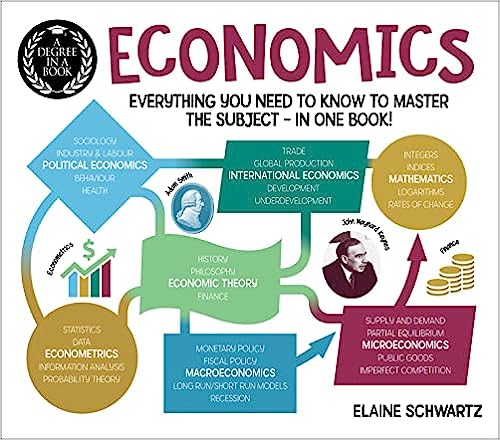The U.S Postal Service is a productivity dilemma because it provides necessary services but, shown by its trucks, is not as efficient as the private sector.
Weekly Roundup: From Fed Humor to the Wisdom of Warren Buffett
Our Posts Roundup Sunday 3.01.15 Handy notes from Warren Buffett…more Monday 3.02.15 The basics of Greek tax evasion…more Tuesday 3.03.15 Insight about airline queues…more Wednesday 3.04.15 Why we subsidize Brazilian farmers…more Thursday 3.05.15 What an ATM can teach us…more …
Why It Takes So Long to Board an Airplane
Although airlines can increase productivity when they board passengers faster, they do not use the most efficient approaches.
Weekly Roundup: From Slow Shopping to Fast Shipping
Our everyday economics include consumption expenditures, Pigovian taxes, variable pricing,economies of scale, unskilled labor, national income and the money supply.
What UPS Learned from Henry Ford
Because free shipping creates pressure on retailers to send parcels more cheaply, UPS has had to lower costs by increasing processing productivity.
Our Weekly Roundup: From Free Music to Cheap Oil
This week’s everyday economics involves opportunity cost, regulation, behavioral economics, GDP, automation, innovation, supply and demand and productivity.
How to Become More Productive
Shown by Fitbits, workplace output goals and division of labor, when implicit and explicit targets increase self-control, they boost productivity.
Weekly Roundup: From Marijuana to Multinationals
This week’s stories on everyday economics include productivity, externalities, tax revenue, monopolistic competition, international trade and economic forecasting.
When You Can Expect to Be Most Creative
Knowing about how and when creative people achieve optimal productivity is important because of the connection between human capital and economic growth.













